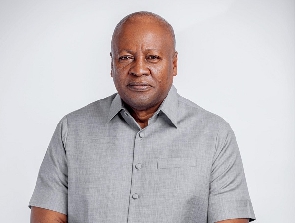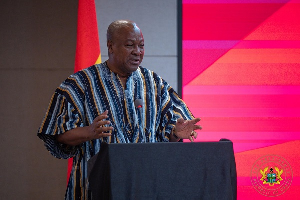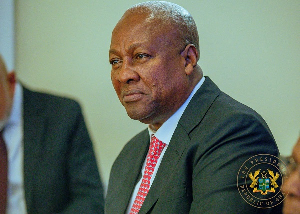Legal education in Ghana started in 1957 and the Act was passed in 1957 by the Parliament of Ghana. But before this, it is worth noting that John Mensah Sarbah was the first Ghanaian lawyer to be called to the Bar at Lincoln’s Inn in England in 1887.
Legal training in Ghana was based on the recommendation of the Denning Committee in 1961, and that formed the basis for Ghana’s two-tiered legal education system which is obtaining an academic legal education in a university’s law faculty for a Bachelor of Laws degree after which one goes for a professional legal training in a law school to obtain a Barrister/Solicitors’ Certificate.
Regrettably, obtaining a Barrister/Solicitors' certificate in Ghana has always been extremely difficult with a pass rate of around 20% for the entrance examination which is way below the 34% of the California bar entrance exam widely considered as one of the most difficult in the world.
For instance, in 2021, only 28 percent of LLB candidates gained admission to the Ghana School of Law. This figure represents 790 out of the 2,824 candidates who took the entrance examination.
The situation in 2022 was even worse. Out of 2,654, only 522 passed, representing a derisory 20 percent.
According to statistics, less than 4,000 lawyers are currently practicing in Ghana with a population of about 31 million people. This is a transgression!
The drastic slash in the intake of students into the Ghana School of Law is painfully cutting short the dreams of many people especially young ones who dream of becoming lawyers.
This awkward situation calls for creative and innovative ways to reform the legal education system in the country without compromising on quality.
The promise by H.E. John Dramani Mahama that the next NDC government under his leadership will ensure increased enrollment in legal education whilst preserving the tradition and prestige of the profession, will be a huge relief and good news for those who want to go into the legal profession, particularly the youth.
Opinions of Wednesday, 18 October 2023
Columnist: Anthony Obeng Afrane















